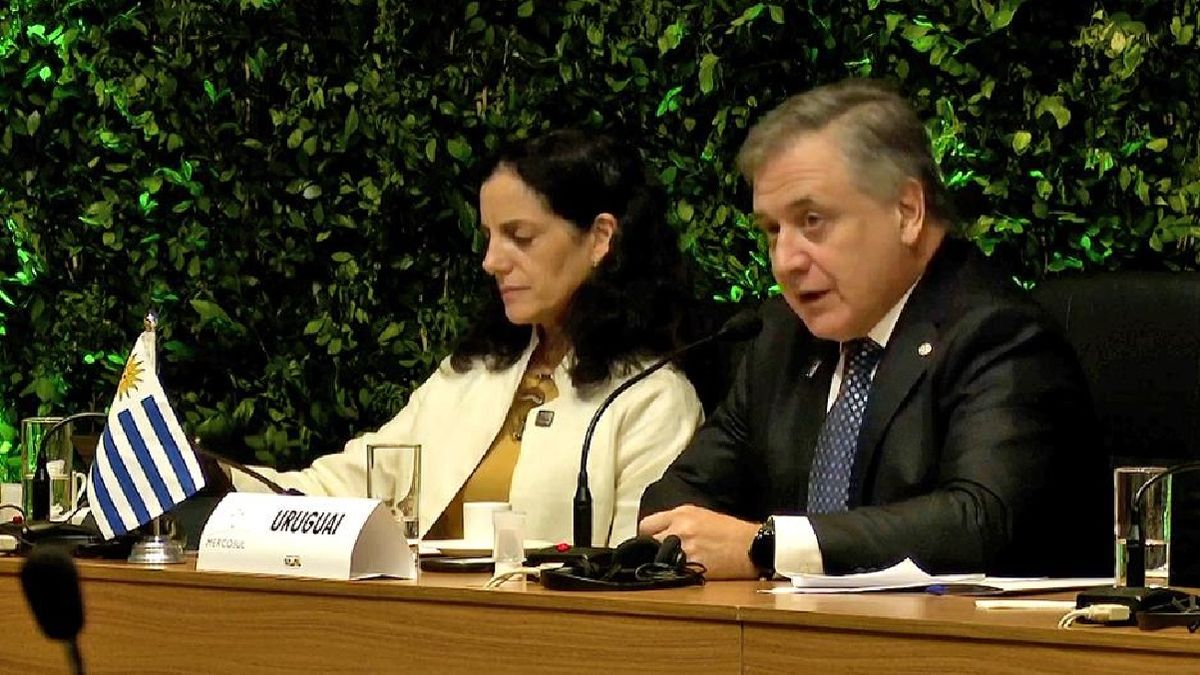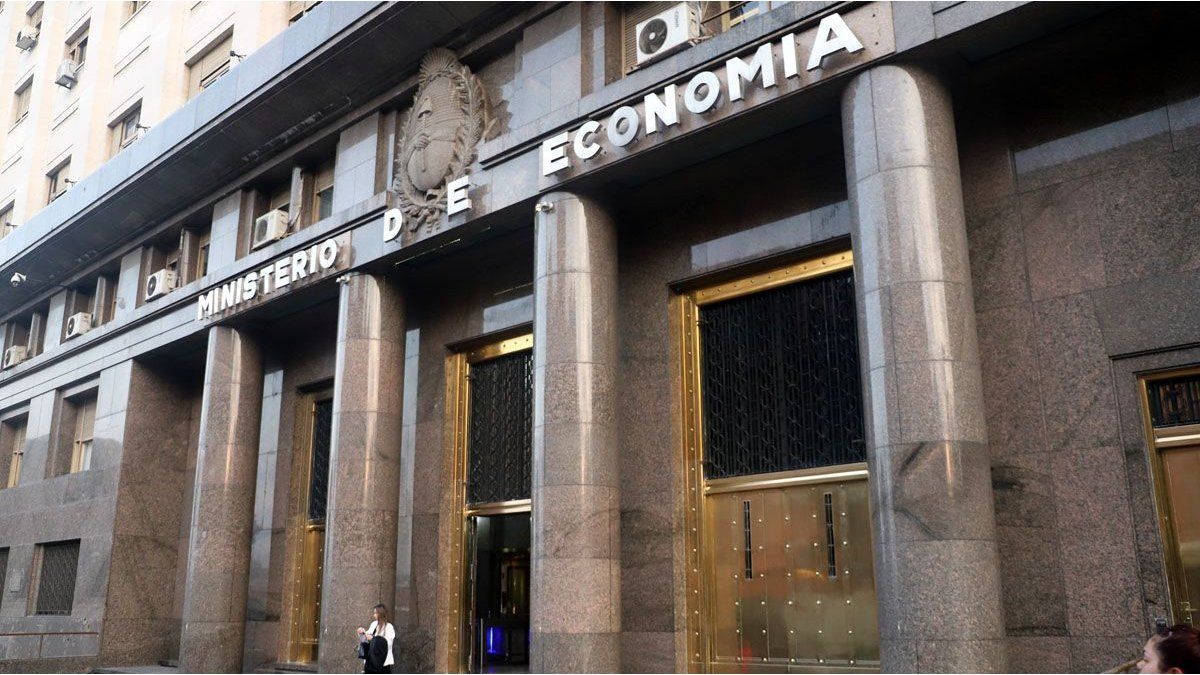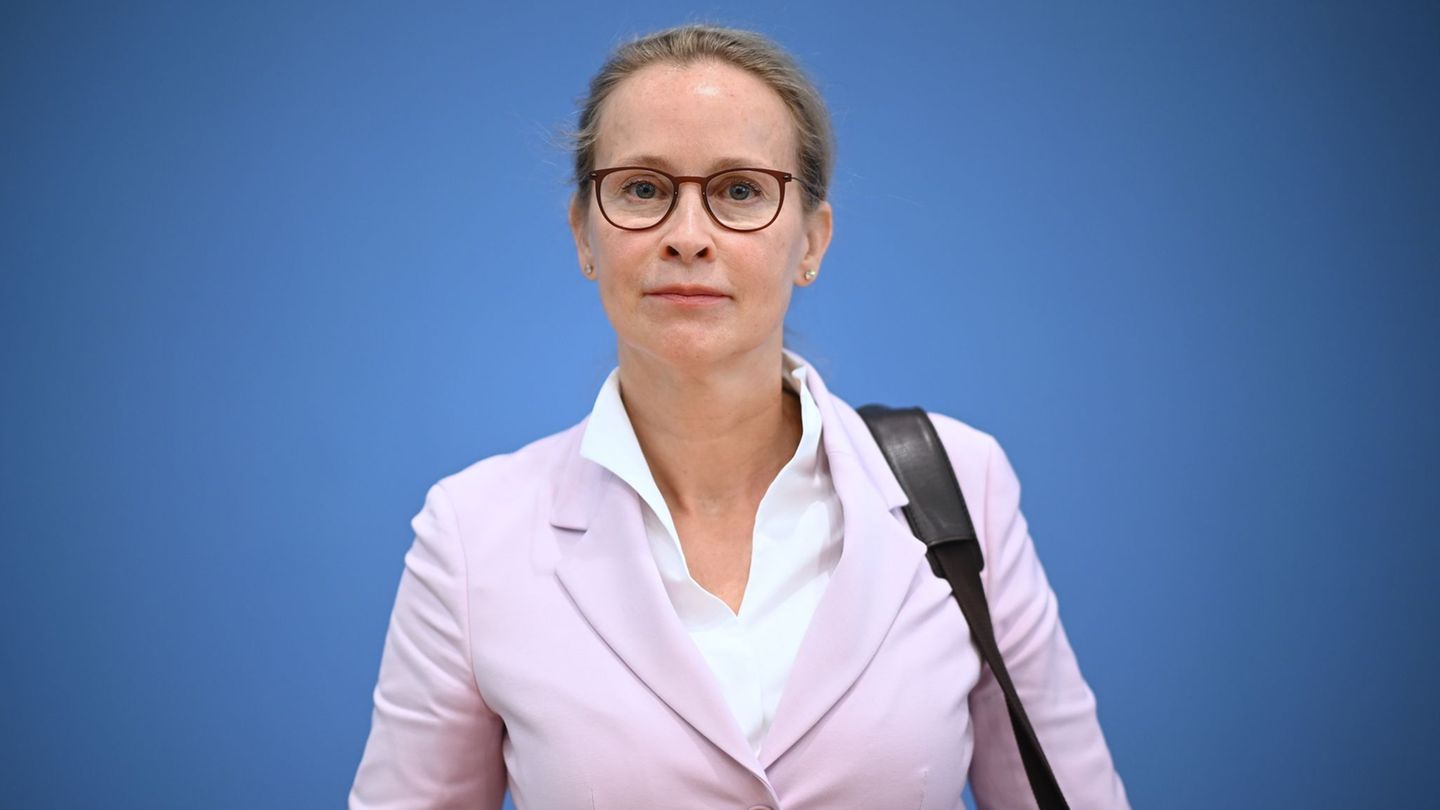The chancellor Omar Paganini assured that the Mercosur suffers a “stagnation in the internal and commercial agenda” due to “a cultural aspect” that transcends the pro tempore presidencies of the bloc, and against which Uruguay has been demanding during this government.
The owner of the Ministry of Foreign Affairsin his first participation in a summit of the Mercosur in office, after the resignation of his predecessor, Francisco Bustillo, was responsible for supporting the foreign policy line that has characterized the administration of Luis Lacalle Pou since his assumption; and that he has also put on the table for regional debate on multiple occasions.
“A regional integration scheme that works correctly must be based on a basic concept, which is trust. I am referring to confidence in the fulfillment of the given rules, which is the foundation of the affectio societatis of every organization, and in our Mercosur, one of its fundamental stones,” said Paganini in his speech during the LXIII Ordinary Meeting of the Mercosur Common Market Councilwhich takes place in Rio de Janeiro.
Although the speech was not broadcast live by the Brazilian government – which is the protagonist of the last meeting with the pro tempore presidency of the bloc prior to the mandate of Paraguay—, The Uruguayan Foreign Minister’s statements were shared by the Ministry of Foreign Affairs at the end of the presentation.
For Paganini, the uncertainty On a commercial level it has been installed in the block and that threatens confidence and, therefore, against investments.
He “stagnation on the internal and commercial agenda” suffered by the Mercosur It is no longer due to a “temporary factor, unfortunately, but rather to a cultural aspect,” the minister assured. In that sense, he insisted that Uruguay does not believe that “the Regional integration and its commercial quality” is “good or bad by nature”, but depends on how it is applied: “And we conceive it as the foundation of a platform to go out into the world,” he said.
“We believe in freedom of trade, which is an important dimension of people’s freedom. “It is the way to create value between the economies of the different states, allowing the flow of trade,” said the chancellor, and also added that it is a basic condition to achieve “investments and the improvement of economic competitiveness” of the countries.
For a more flexible Mercosur
Paganini took advantage of his minutes of presentation to once again insist on the path that the Uruguayan government believes the regional bloc should take in the face of the obvious commercial obstacles it presents: flexibility.
In this regard, the chancellor pointed out that in the Mercosur “today meaning prevails protectionist”. While since Uruguay The bloc is intended to be “the natural platform for insertion into the world,” allowing countries to negotiate without the endorsement of the partners at the same time as seeking a greater willingness to close new trade agreements.
“That is why we have to improve it, modernize it, provide it with greater agility, flexibility and execution. We want to take care of it, we want to develop it, so that it is not misunderstood,” Paganini emphasized regarding this “platform,” and making it clear that, at least for the moment, the government’s intentions have nothing to do with a break with Mercosur.
For the government, the ideal is that of open regionalism as the basis of the common project. “We have to be consolidated regionally,” she said, and pointed out as a positive example the agreement closed between Mercosur and Singapore for being “a modern, cutting-edge agreement.”
Regarding the negotiations with China, Paganini maintained that “this position of my country to open up to the world is the product of the conviction of the entire national political and business system, it is a foreign policy of the State,” Paganini pointed out.
Source: Ambito




